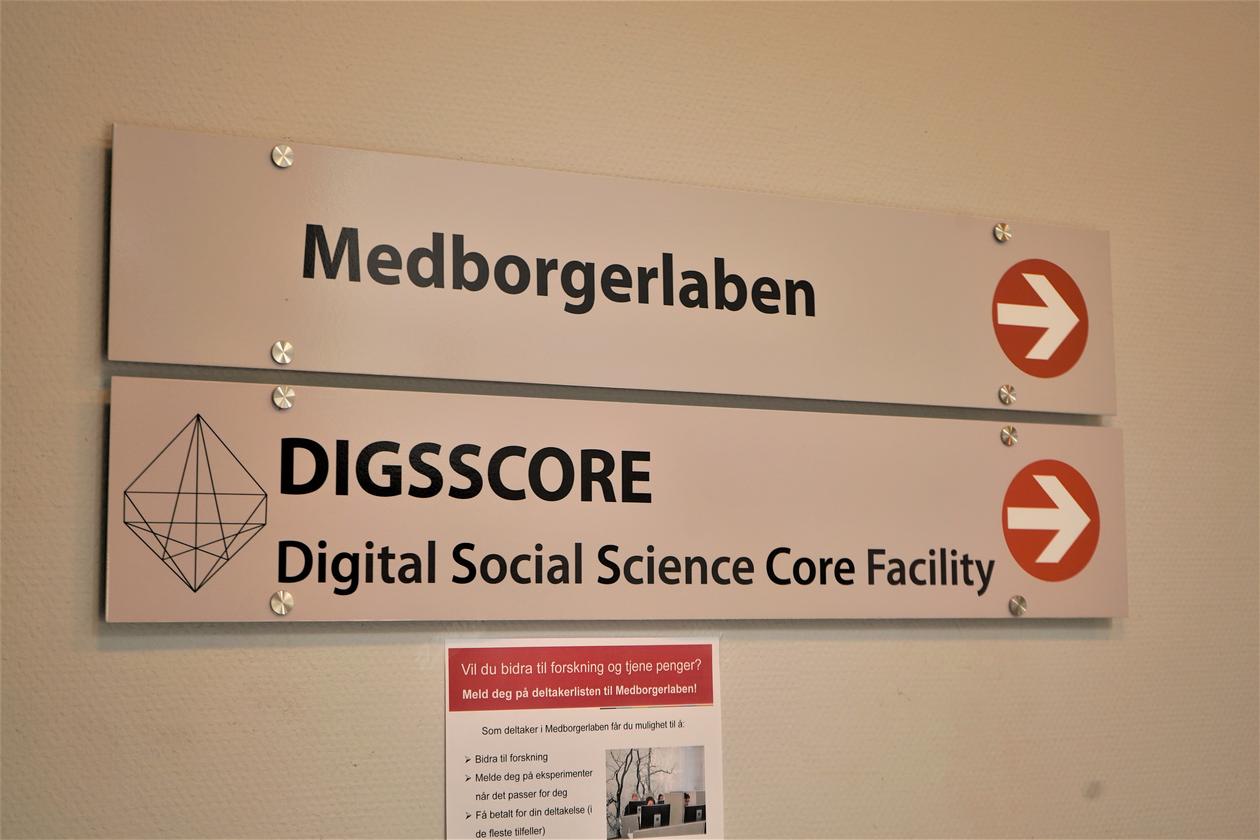It Pays to be Nice: The Benefits of Cooperating in Markets
A recent article in Journal of Behavioral and Experimental Economics, using data from the Citizen Lab, finds that mutual partner choice enables cooperators to outperform free riders.

Hovedinnhold
Data from two of the three experiments presented in Serdarevic, Strømland and Tjøtta's recent article were obtained in DIGSSCORE's Citizen Lab.
- The pool of participants available through The Citizen Lab was useful in our research as we needed several hundred participants, Serdarevic says.
You can read the article in Journal of Behavioral and Experimental Economics.
Abstract
We contribute to the experimental literature by examining the causal effect of partner choice opportunities on the earnings of different cooperative types. We first elicit cooperative types and then randomly assign subjects to a repeated prisoner's dilemma game, with either mutual partner choice or random matching. In each period, the individual who fails to attain a partner is excluded from the group. The results from three experiments show that mutual partner choice enables cooperators to outperform free riders; cooperators tend to earn more than free riders and are less frequently excluded. Our findings are robust with respect to varying group size and whether subjects are reminded about their entire partner and earnings history or only their recent history.

